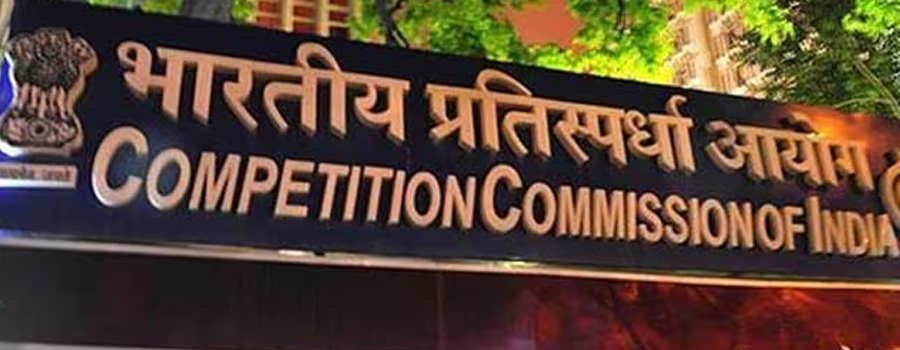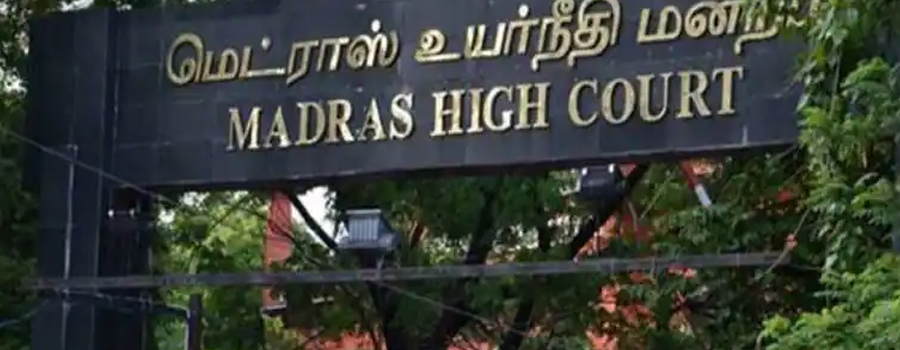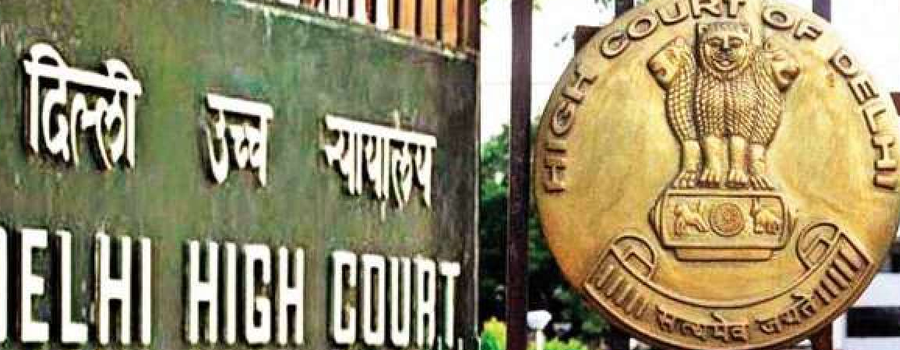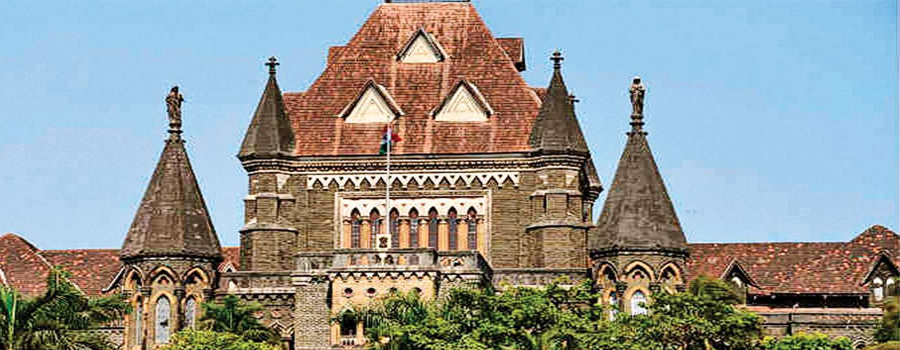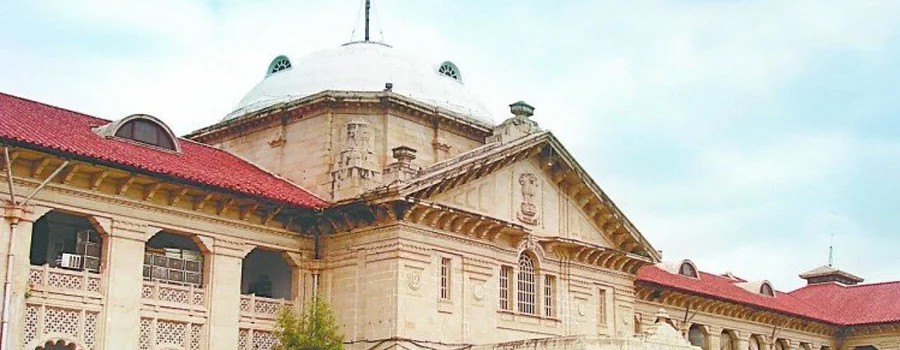
The Chhattisgarh High Court dismissed a writ petition seeking permission for termination of pregnancy, on the ground that the relationship between the petitioner and her husband is strained, stating that this case does not fall under the grounds mentioned in Section 3(2) of the Medical Termination of Pregnancy Act, 1971. It further observed that, “In India, abortion is considered to be a crime. The medical practitioners are restrained from carrying out abortion unless until the situation gravely requires the pregnant lady to undergo abortion.”



